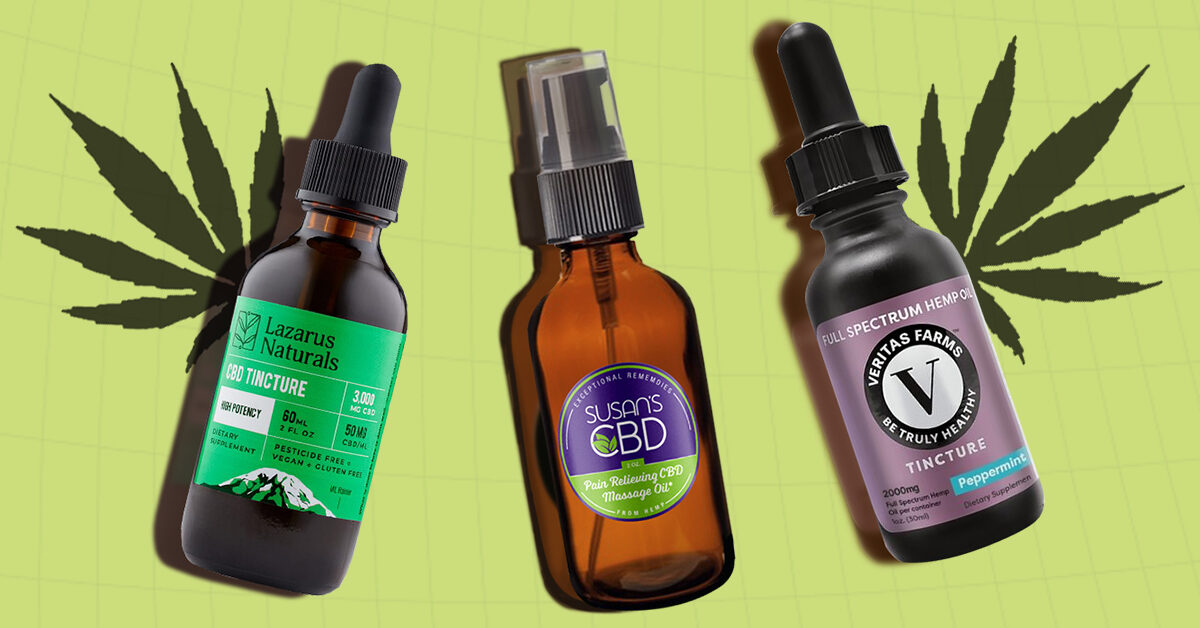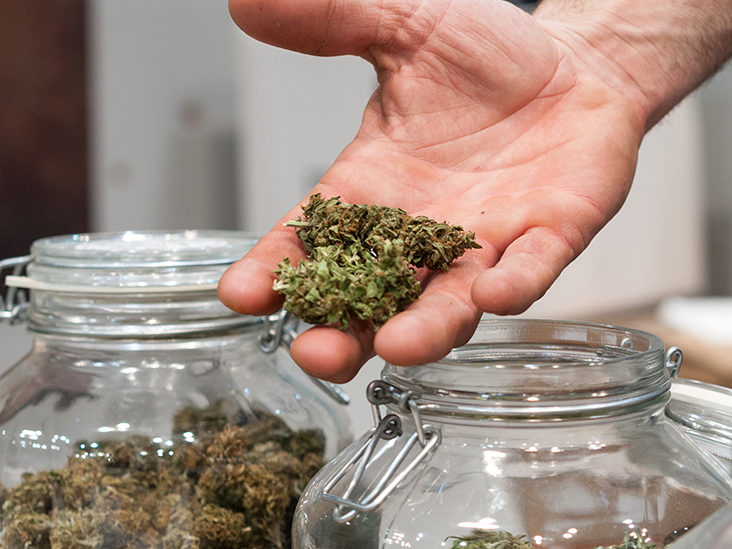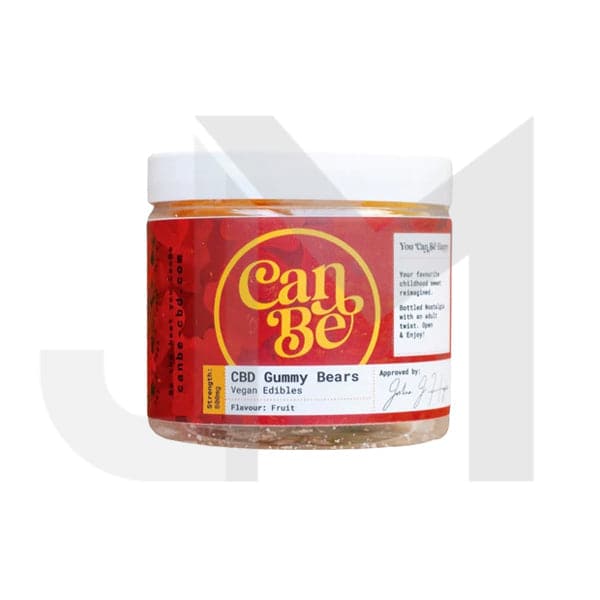
THC, the main psychoactive ingredient in cannabis, is what we call "THC".
THC, the main psychoactive ingredient in cannabis, attaches with cannabinoid receptors in your brain and nervous system. This triggers the high. THC stays in the body for a longer time than most drugs, but its psychoactive effects last only a few hours. It can be consumed orally through oils, edibles, tinctures, or sublingual dissolvable strips.
THC is found in marijuana, but in different levels. Some strains may contain as little as 0.3% THC, while others may contain as much as 20 percent. According to the National Highway Traffic Safety Administration the average THC concentration of marijuana, hashish, & hashishoil is between 1 and 5. The amount of THC in recreational cannabis varies greatly from strain to strain, but in general, the lower the THC content, the more the drug will be needed to get the desired effects.
It can be detected up to one month after the impairment subsides.
THC can be detected in the breath of a person up to one month after impairment has ended. Because the drug remains in your body for 2 to 3 hours, you can detect it in breath samples long after impairment has subsided. The law enforcement agencies have been working hard to create new impaired driving detection equipment.

In some cases, THC detected by a Breathalyzer for weed can indicate that a person was under the influence of the drug. However, this does not necessarily indicate that the person was driving under the influence. You can also detect marijuana in the blood, even months later than impairment has ended.
Cost
A breathalyzer for weed will revolutionize the arrest process, especially in zero tolerance states like California, where it is illegal to drive while under the influence of drugs. The current procedure is for the officer to ask the suspect to complete a driving test, or a blood or urine test. However, this technology will help law enforcement save money and reduce arrests.
The price of a brethalyzer for cannabis is high. Many of these machines cost over $5,000 per unit and one cartridge. This is similar to the cost of alcohol breathalyzers, which can range from $60 to $1000. Some devices are cheaper and cost only $15 per cartridge.
Legality
Prototypes of a marijuana breathalyzer are being developed by several companies as well as scientific research projects. Although the technology is still in the early stages of development, it could detect THC, the psychoactive ingredient of marijuana. There are many legal problems with this device. First, the device is not capable of detecting small amounts THC.

Fortunately, the National Institute of Standards and Technology is working to develop standards for a marijuana DUI detection test. The marijuana breathalyzer is expected to be available for the public in the early part of next year. While the marijuana breathalyzer is still in development, we recommend that users not drive after taking it.
Regulation
The use of marijuana on public roads could be controlled by a new breathalyzer. But it could also cause its own set of problems for law enforcement. One, marijuana is more stable than alcohol, so drivers who use it could have higher blood pressure than others. THC is also stored in fat cells making it difficult to determine the legal limit of impairment.
The development of a breathalyzer to detect marijuana use is another challenge. Because cannabis remains in your body after the "high", it is challenging to make this work. Many startups have started to develop breathalyzers that regulate marijuana.
FAQ
Are CBD companies a good investment?
It depends on what you're looking for in a solution to this question. If you want to make money, then yes, they are a great investment, but if you just want to invest in something that might help people, then I would say no because there are other ways to do that without spending $20k on an oil extraction machine.
Is CBD's market saturated?
CBD industry has a growing rate of 25% annually. This growth rate is expected to continue at least for five more years. The industry is forecast to grow from $2 Billion to $5 Billion by 2020.
The CBD market is currently dominated by two companies - GW Pharmaceuticals and Canndoc Ltd. Both companies have a focus on creating pharmaceutical-grade products. They have not been very effective so far. Both are struggling to gain traction on the market.
Cannabidiol or CBD is a form of cannabis extract with less than 0.3% HHC. It does not produce any psychoactive effects. It can be used to treat epilepsy, and other medical conditions. It is also used frequently as a dietary addition.
There are many types of CBD products. Some CBD products are made with whole plants extracts, others use CBD isolates.
All of these products share one thing: They contain low levels THC.
They are now legal under US federal laws. However, this doesn't mean that you don't need to follow local laws when selling CBD products. It is important to check the regulations in your state for CBD products.
In addition, there are several states where CBD products are illegal. These are California, Colorado. Florida. Mississippi. Missouri. New York. North Carolina. Ohio. Oklahoma. Oregon. Rhode Island. South Dakota. Texas. Utah. Virginia. Washington.
CBD products are not recommended for people who live in these states.
How big is global CBD market size?
The global CBD market was valued at $US 3.5 billion in 2015, according to Euromonitor International. This represents a 10% increase from 2014.
The report projects that this figure will reach $US6.4 billion by 2020. This represents an average annual growth rate 12%.
CBD products are expected to account for around half of all hemp-derived products sold globally by 2020.
This includes both CBD oils and other CBD products such as food, beverages, cosmetics, and pet care items.
Can CBD be a part of the future?
Yes. It's not because it has medical benefits, but rather because it can help people feel better and not get high.
It is a great alternative to prescription drugs because it doesn't make your feel different.
There is ample evidence to support the claims that cannabis can relieve pain, anxiety, depression, insomnia, among other conditions.
Cannabinoids are also found in cannabis, which interact with brain receptors. This interaction can produce feelings of relaxation, well-being, and even a sense of well-being.
Cannabidiol (CBD), oil can be used for health purposes. It's therefore important to fully understand its functions and effects.
What are some of the best CBD brands to buy?
These five top CBD brands are hand-picked by our team based on value, reliability, quality, and price.
They offer CBD oil products that are high-quality and less than 0.2% of THC.
We recommend you also check out our top CBD sellers worldwide.
What CBD products are the most popular?
CBD products can be found all over these days. These products are being used to treat everything, from anxiety to pain relief. The market is vast and growing rapidly.
But why do people purchase CBD? And what does it mean for you, as a brand owner?
Statista states that CBD products are bought for their relaxing effects. They are also being purchased for their anti-inflammatory properties.
This means that if your product has both CBD and THC, then it can be sold for both recreational and medicinal purposes.
But what about brands which are focused on just one purpose? It won't be able to compete if it sells CBD for pain relief.
Furthermore, a brand who focuses on CBD-based medical uses will be able to attract a lot of customers.
If a brand wishes to reach recreational users, they must create a unique selling point (USP). A USP is basically a feature or benefit that sets a brand apart from competitors.
For example, some brands offer free shipping, while others offer discounts for bulk orders.
How can CBD products be promoted in a legal manner by CBD companies?
The FDA does not regulate hemp as an agricultural commodity. The FDA regulates cannabis derivatives (e.g. marijuana) under the Controlled Substances Act. CBD has not been subject to any specific regulations.
CBD is legal at the state level in 29 states, but federal law still considers it illegal. Businesses that want to sell CBD products face uncertainty.
The FDA also sets strict guidelines about how CBD products are promoted. They must disclose the THC content of any CBD products. Without scientific evidence supporting this claim, CBD cannot be used to treat certain medical conditions.
Additionally, the FDA requires manufacturers submit information about manufacturing practices and quality control. They require companies to carry out clinical trials to prove safety or efficacy.
These factors should be considered by companies when they develop their marketing strategies.
Statistics
- OralWhere HED is the human equivalent dose, and Km is a correction factor estimated by dividing the average body mass (BM) of the species (60, 0.020, and 0.150 kg for 11 humans, mice, and rats, respectively) and by its surface area (see: Nair et al. (ncbi.nlm.nih.gov)
- however, one study also found that these effects were virtually abolished when the original media (a nutrient broth agar) was replaced with one containing 5% blood (increasing the minimum concentration to ~160 μM CBD) [179]. (ncbi.nlm.nih.gov)
- CBD seems unlikely to directly influence sleep in healthy humans [115] (and maybe “sleep-promoting” in those with certain comorbid conditions) (ncbi.nlm.nih.gov)
- HR −16 mmHg; 95% CI −26, −6; I2 = 92%) (ncbi.nlm.nih.gov)
- The use of these products is likely to become even more widespread if the World Health Organization's recommendation that CBD no longer is scheduled in the international drug control conventions is adopted by the United Nations member states [201]. (ncbi.nlm.nih.gov)
External Links
How To
What are the main issues with the CBD industry.
The current market for CBD products is growing at an incredible rate. However, there are still many challenges facing businesses looking to enter this space. These include a lack consumer awareness, high-cost entry, limited access capital and regulatory uncertainty.
Many people are not aware of what CBD is, or how it functions. This means they are not able to make informed choices about whether or no to purchase CBD products.
As a result, most CBD companies rely heavily on word-of-mouth marketing. This is expensive because it requires paying for advertising and hiring staff to promote their brand.
Another problem for new entrants to CBD is the high price of production. High prices are a major problem for CBD products because of the high cost of raw materials. CBD oil can only be made if hemp is grown in the right climate and soil conditions.
Growing enough hemp to make CBD oil takes around $1,000 per acre. Many small farmers are unable or unwilling to invest in this product.
The lack of capital access is another obstacle new entrants to the CBD market face. Because of the stigma associated with this industry, many people are discouraged from opening a business.
Last but not least, there is regulatory uncertainty regarding the sale and distribution of CBD products. There are currently no guidelines on how CBD products should marketed.
Although states have passed laws restricting CBD products sales, these policies are not yet national.
Only Nevada and Maine have already legalized recreational cannabis.
However, some states like Massachusetts and Michigan are considering similar measures.
These changes could mean that CBD manufacturers will be more competitive.
These factors have led many entrepreneurs to choose to work remotely rather than starting a physical business.